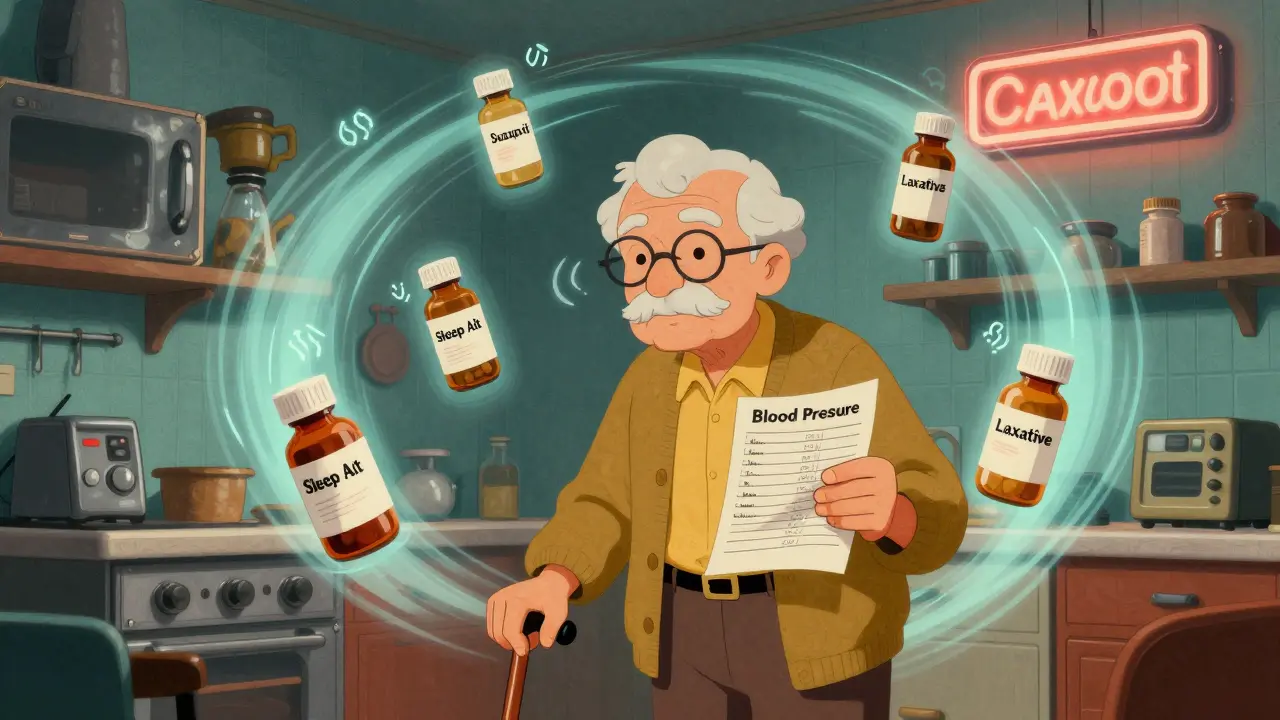Older Adults Health Guide – Simple Tips for Seniors
Being older doesn’t mean you have to worry about every little health hiccup. Most issues are easy to spot and manage if you know what to look for. Below you’ll find everyday advice that helps you stay on top of common problems, keep your meds in check, and enjoy a better quality of life.
Common Health Concerns for Older Adults
Ear infections can turn into sinus headaches, especially if you’re prone to colds. Keep the ear canal dry, avoid inserting cotton swabs, and treat any outer ear irritation early. If you notice ringing, pressure, or a dull ache behind the ears, a quick visit to the doctor can stop a bigger sinus issue.
Joint aches and muscle stiffness often show up after a lifetime of movement. Gentle stretching, low‑impact exercise like walking or water aerobics, and a balanced intake of vitamin D and calcium can keep joints lubricated. Simple moves such as ankle circles or shoulder rolls done twice a day make a noticeable difference.
Memory changes are another frequent worry. Staying mentally active – think puzzles, reading, or learning a new hobby – keeps brain pathways sharp. If you’re dealing with mild forgetfulness, setting up a daily routine, using pill organizers, and writing short reminders can reduce frustration.
Heart health deserves daily attention. Watching sodium intake, staying hydrated, and checking blood pressure regularly helps prevent fluid retention and swelling. Swap salty snacks for fresh fruit, keep an eye on portion sizes, and aim for at least 30 minutes of light activity most days.
How to Manage Medications Safely
Many seniors rely on several prescriptions, which can get confusing. Start by making a master list that includes drug names, doses, and timing. Update the list whenever a new medication is added or an old one is stopped.
If you buy generic drugs online, use only reputable pharmacies that require a prescription. Look for accreditation symbols and read user reviews, but never share personal health information on unsecured sites. Compare prices, but don’t sacrifice safety for a lower cost.
Watch for drug interactions. Some antibiotics, pain relievers, and heart medicines can affect each other’s effectiveness. A quick call to your pharmacist with your full medication list can catch problems before they cause side effects.
Stay aware of side effects that might be more common in older adults, such as dizziness, dry mouth, or increased bruising. If you notice any new symptom after starting a drug, report it to your doctor promptly. Adjustments are often simple – a dosage tweak or a switch to a different medication.
Finally, keep backups of prescriptions. If you travel or lose your medication bottle, having a digital copy or a photo on your phone can save a lot of hassle.
Staying healthy as you age is about being proactive, not reactive. Check in with your doctor regularly, follow these practical steps, and you’ll give yourself the best chance to feel vibrant and confident every day.
Frailty and Polypharmacy in Older Adults: How to Reduce Medication Side Effects
Frailty and polypharmacy create a dangerous cycle in older adults, increasing side effects and hospitalizations. Learn how deprescribing, pharmacist-led reviews, and the 4Ms framework can reduce medication burden and improve quality of life.
Hepatitis C and Aging: Essential Guide for Older Adults
A clear, practical guide on how hepatitis C affects seniors, covering risks, screening, treatment options, and tips for managing health and healthcare navigation.

